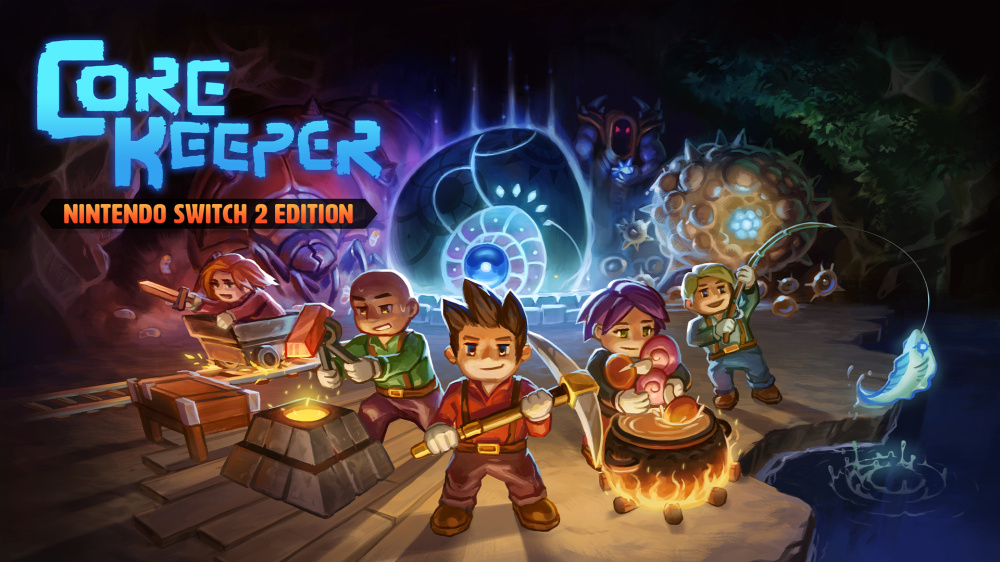Nintendo is under scrutiny from Japanese users after changes to its Nintendo Account terms of service have left many families frustrated—particularly those with child accounts.
As one of the most influential video game companies worldwide, Nintendo has maintained its commitment to creating a secure and family-friendly digital environment through services like the Nintendo Switch and Nintendo eShop.
However, a recent update to its user agreement has highlighted a significant pain point for parents and young gamers in Japan. When Nintendo rolled out its revised terms of service, the company required all account holders to provide updated consent before continuing to access online features and storefronts.
While this process is straightforward for standard Nintendo Accounts—users simply acknowledge the new terms when signing into an online service on their Nintendo Switch or the Nintendo Account website—the process is notably more cumbersome for accounts designated for children. Specifically in Japan, Nintendo's policy mandates that only the parent or guardian linked to a child's account can accept the new terms on behalf of the minor.
This involves receiving and responding to a consent confirmation email sent to the adult's registered email address.
However, in a country where many Nintendo Switch systems were set up as far back as 2017, some parents now find themselves unable to access the email accounts used to register for these services years ago.
Whether due to forgotten email addresses or lost passwords, this obstacle is preventing numerous Japanese children from accessing crucial features like online play and the Nintendo eShop. The resulting frustration has been widely voiced on Japanese social media platforms and gaming forums, with many parents expressing anger and confusion over the process.
According to paraphrased accounts from affected users, some have questioned whether their children will have to wait until they become adults to independently accept the terms; others have called for Nintendo to introduce a more streamlined or alternative authentication method to resolve the situation. Despite the outcry, Nintendo has not yet issued a detailed public response outlining how it plans to address these parental consent complications.
In the meantime, affected child accounts in Japan remain unable to utilize key Nintendo Switch online services or make purchases via the Nintendo eShop. As Nintendo continues to support its global user base, this latest challenge underscores the importance of clear, accessible account management—especially for younger players.
Industry observers will be watching closely for updates, as Nintendo’s resolution may also set a precedent for managing parental consent and account security for gaming platforms worldwide.
As one of the most influential video game companies worldwide, Nintendo has maintained its commitment to creating a secure and family-friendly digital environment through services like the Nintendo Switch and Nintendo eShop.
However, a recent update to its user agreement has highlighted a significant pain point for parents and young gamers in Japan. When Nintendo rolled out its revised terms of service, the company required all account holders to provide updated consent before continuing to access online features and storefronts.
While this process is straightforward for standard Nintendo Accounts—users simply acknowledge the new terms when signing into an online service on their Nintendo Switch or the Nintendo Account website—the process is notably more cumbersome for accounts designated for children. Specifically in Japan, Nintendo's policy mandates that only the parent or guardian linked to a child's account can accept the new terms on behalf of the minor.
This involves receiving and responding to a consent confirmation email sent to the adult's registered email address.
However, in a country where many Nintendo Switch systems were set up as far back as 2017, some parents now find themselves unable to access the email accounts used to register for these services years ago.
Whether due to forgotten email addresses or lost passwords, this obstacle is preventing numerous Japanese children from accessing crucial features like online play and the Nintendo eShop. The resulting frustration has been widely voiced on Japanese social media platforms and gaming forums, with many parents expressing anger and confusion over the process.
According to paraphrased accounts from affected users, some have questioned whether their children will have to wait until they become adults to independently accept the terms; others have called for Nintendo to introduce a more streamlined or alternative authentication method to resolve the situation. Despite the outcry, Nintendo has not yet issued a detailed public response outlining how it plans to address these parental consent complications.
In the meantime, affected child accounts in Japan remain unable to utilize key Nintendo Switch online services or make purchases via the Nintendo eShop. As Nintendo continues to support its global user base, this latest challenge underscores the importance of clear, accessible account management—especially for younger players.
Industry observers will be watching closely for updates, as Nintendo’s resolution may also set a precedent for managing parental consent and account security for gaming platforms worldwide.






